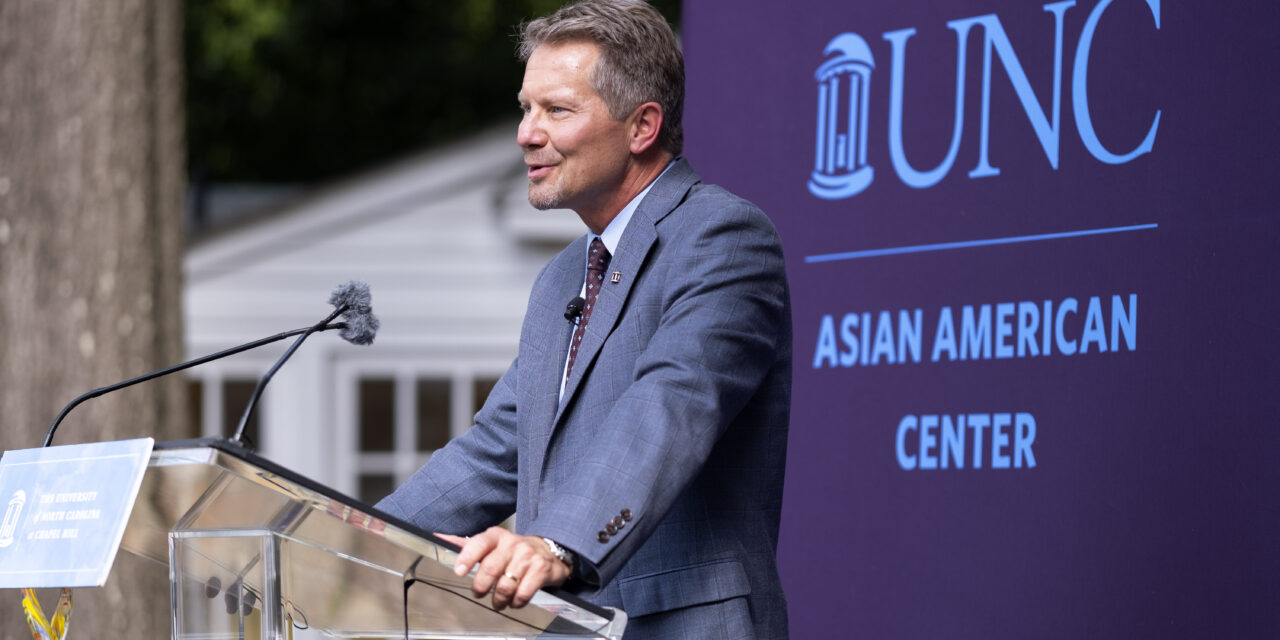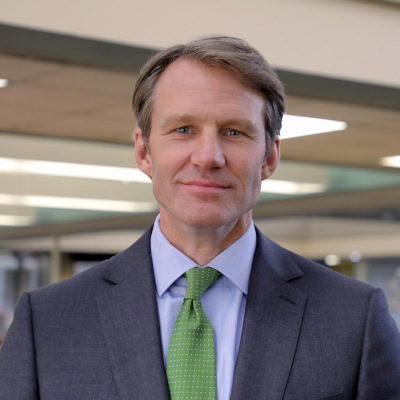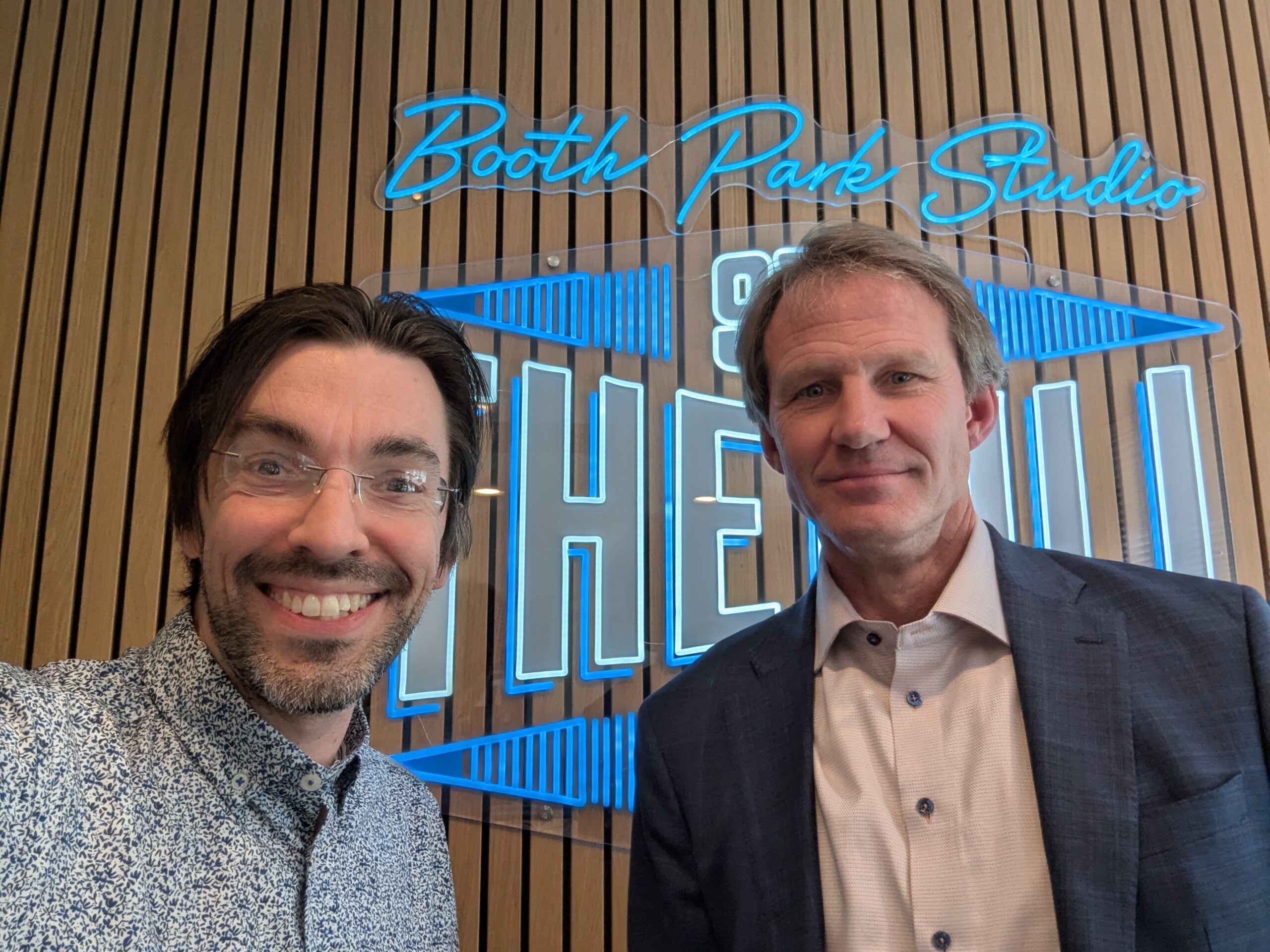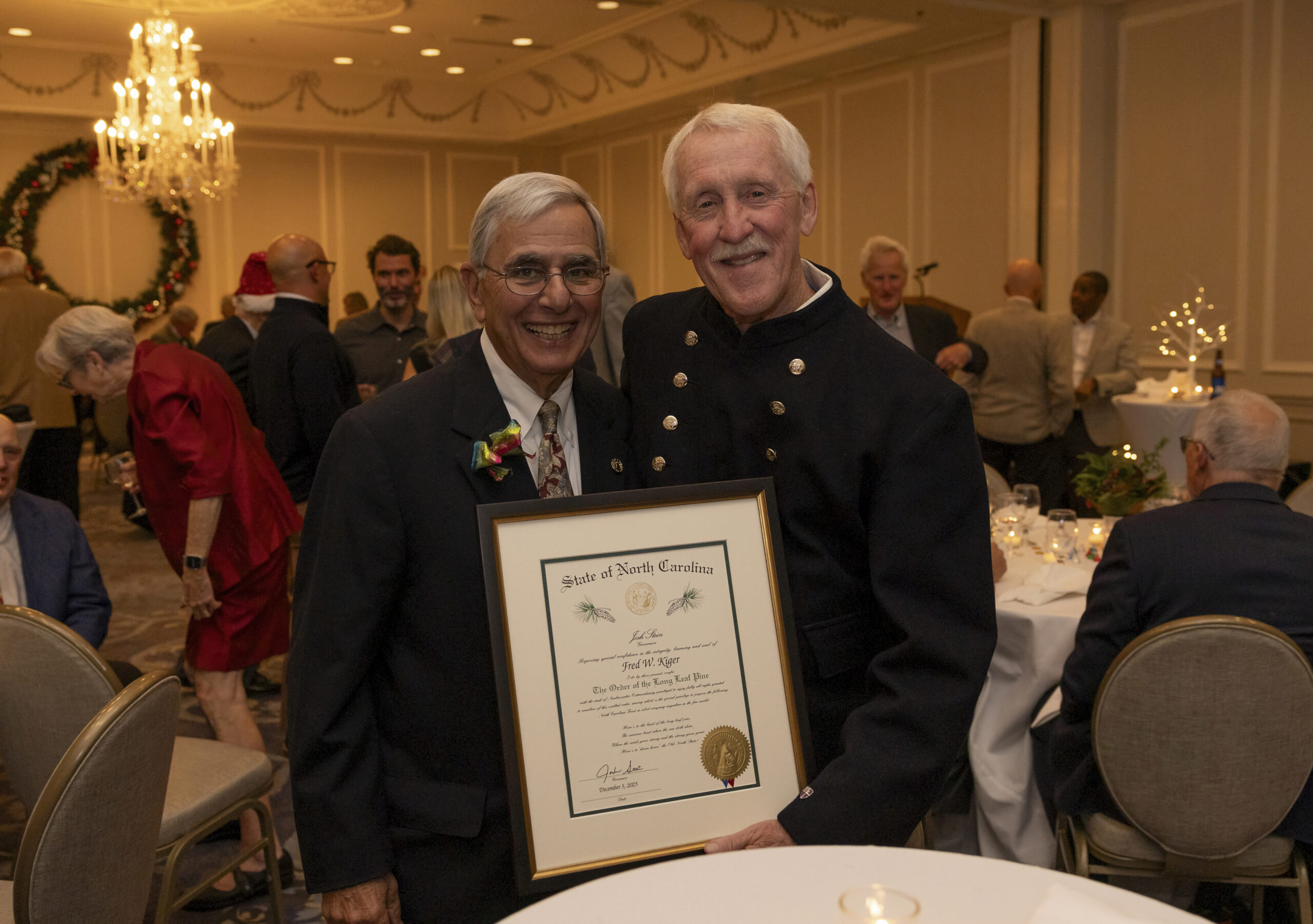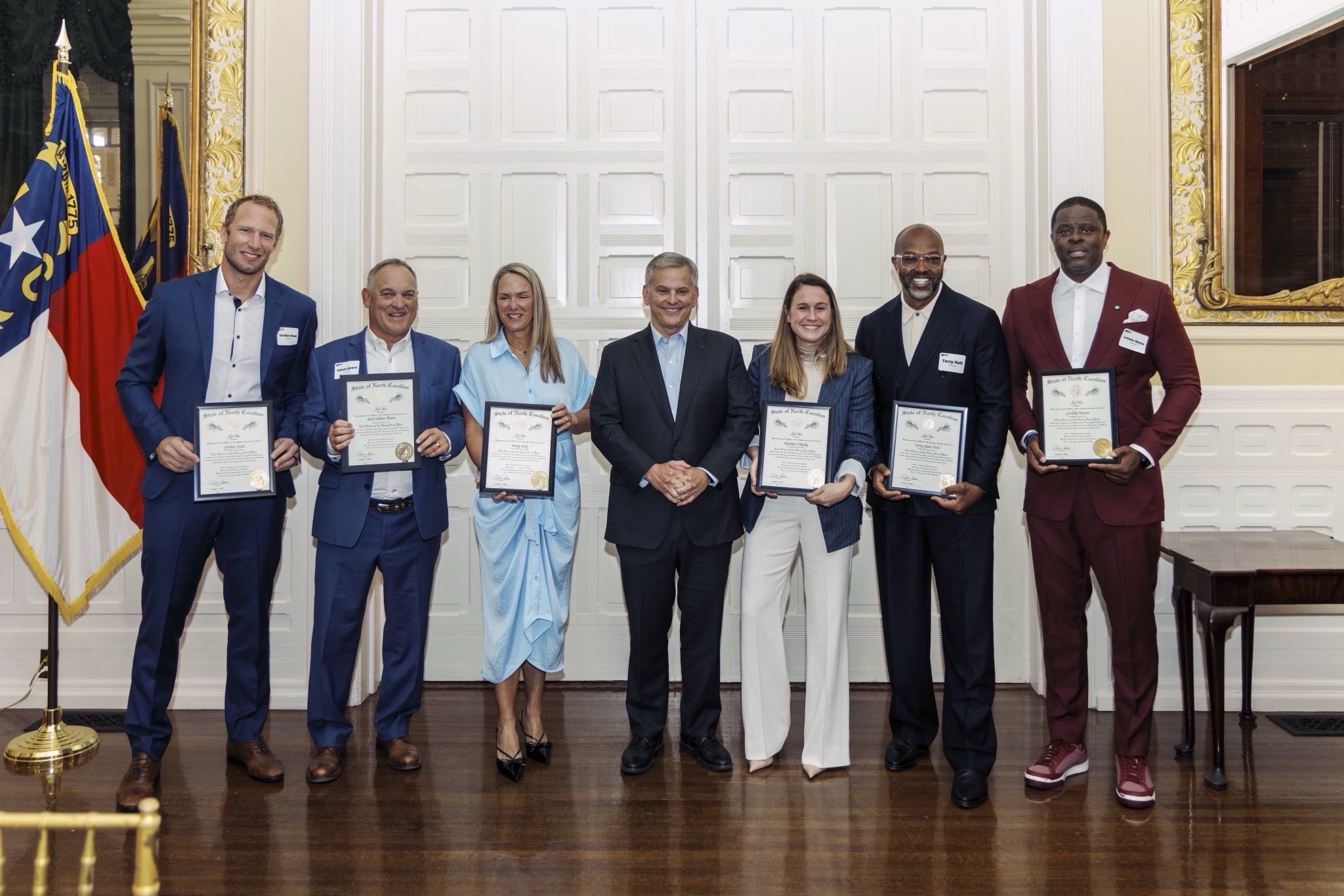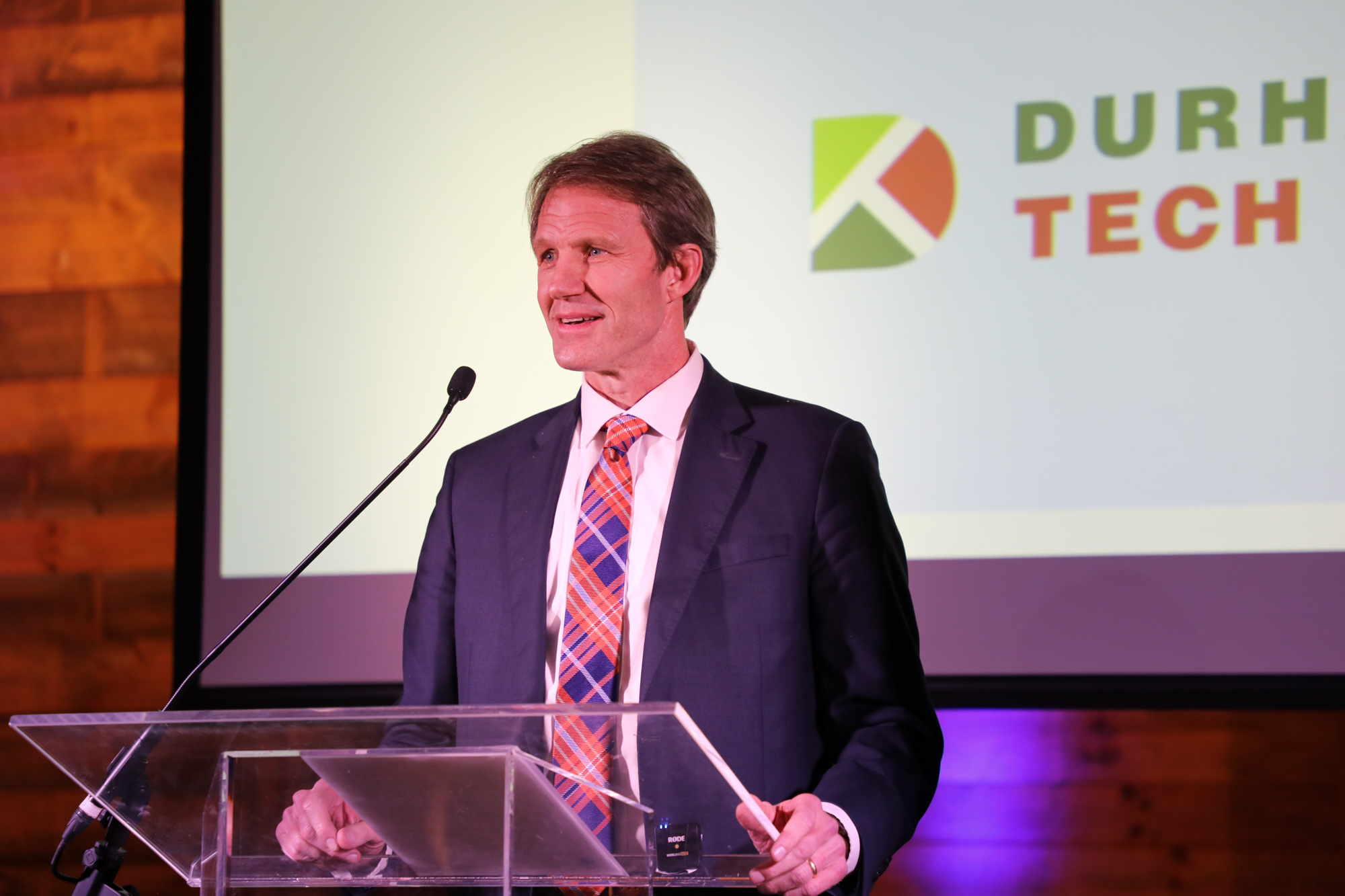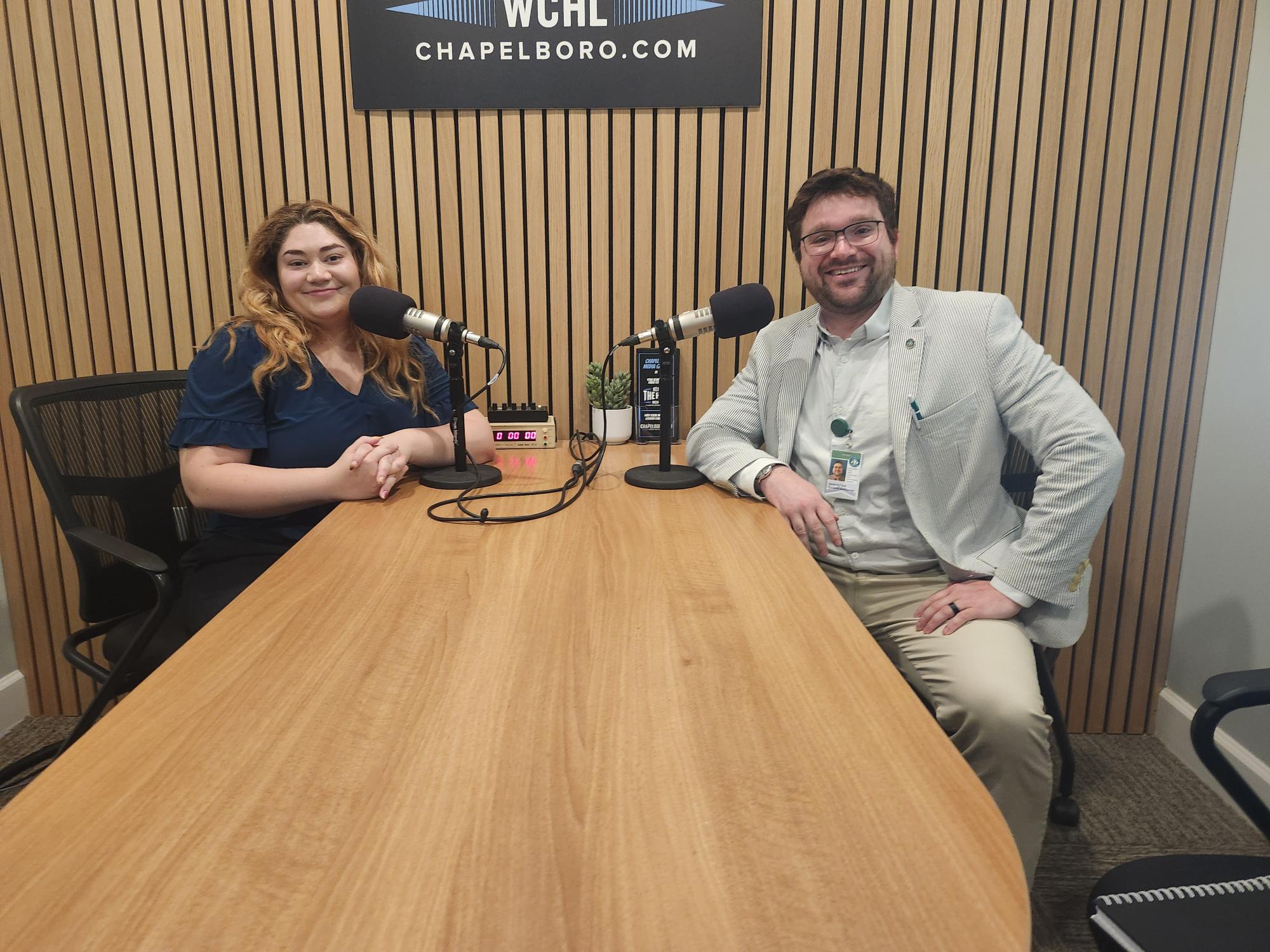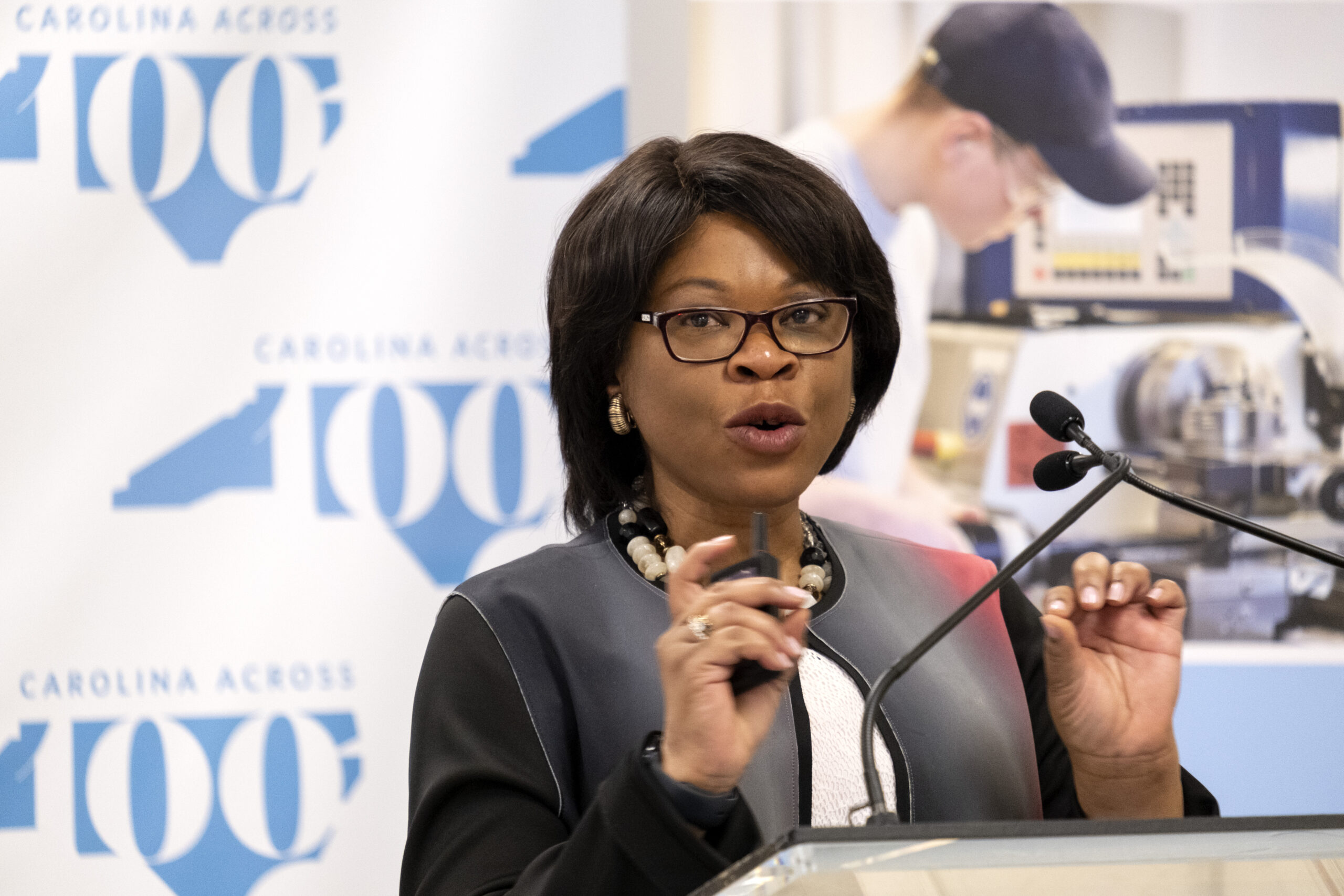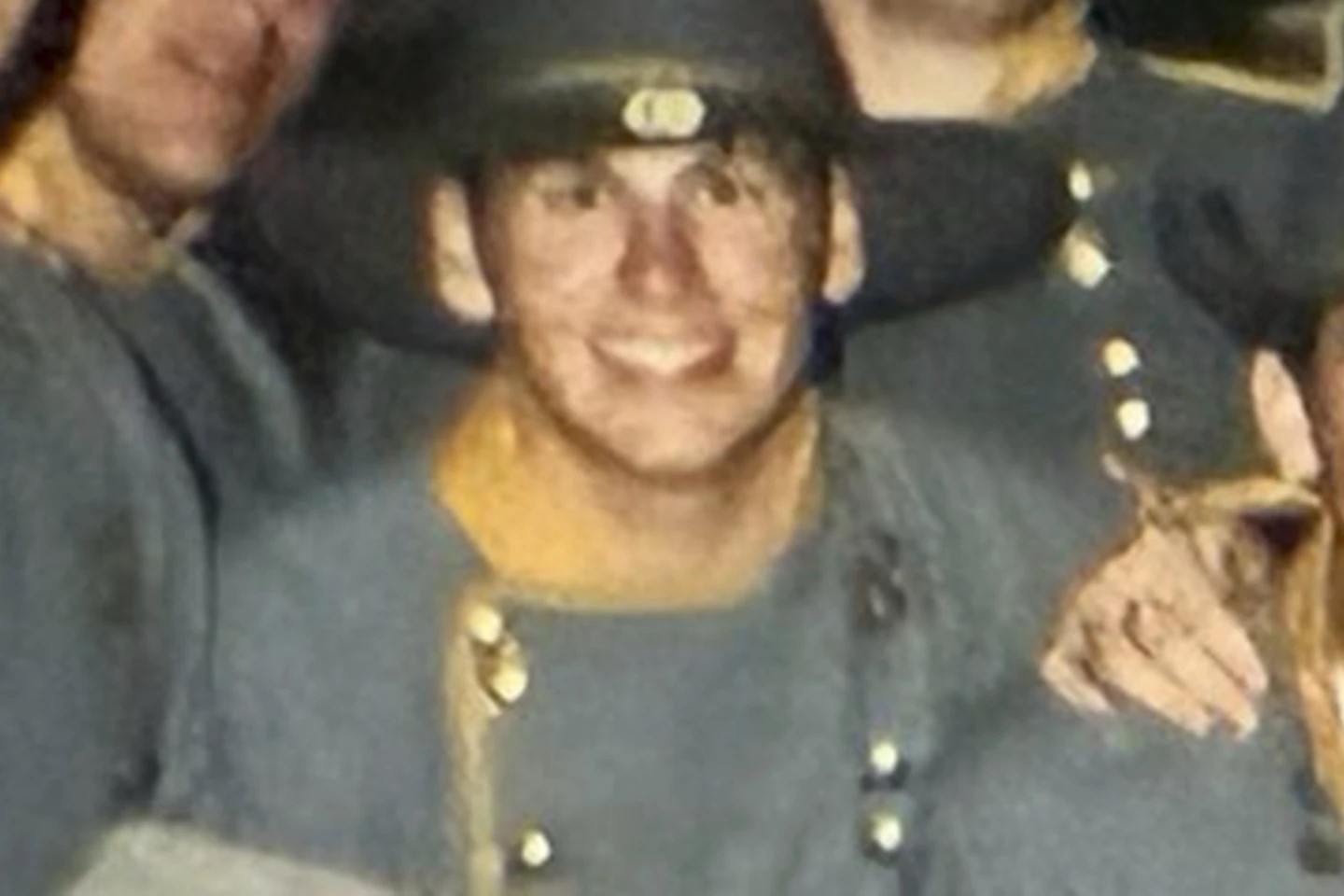For many years, publications have ranked and rated higher education institutions, saying the goal is to better inform people about the value of their education. But after several schools began declining to participate in the latest round of law school rankings by the U.S. News & World Report, more people began questioning their methods.
In November, the Yale and Harvard University law schools shared they would no longer provide internal data to the U.S. News & World Report’s rankings. The schools, which were quickly followed by several other top institutions, pointed to how the rankings created a cycle of promoting graduate salaries, whittling applicant pools, and accepting students based on the likelihood of them boosting their ranking status. It helped spark conversation around where prestige comes from, how schools set up graduates for success and what the true value of an education can be.
Those same conversations took place during 97.9 The Hill’s recent For’Em on The Hill panel series, as UNC and Durham Technical Community College leaders discussed the local state of higher education.
UNC Chancellor Kevin Guskiewicz said while his university is among the top-rated schools across many lists, he believes a school’s success comes back to how their students do after graduation. He said UNC is exploring different ways to measure that, but that the immediate result of earning a higher education degree is simple enough.
“There’s a new return-on-investment study that’s being done to look at lifetime earnings,” said Guskiewicz. “I’m not sure that’s the best measure of success either, but some would suggest that it is. But, for us, it’s making sure that we’re bringing in a diverse group of students that can thrive at Carolina [and] who can graduate on time. And our graduation rates are among the best in the country.”
One of UNC’s recent priorities has been improving its diversity and inclusion among its student body. While the campus experience cannot be directly fixed through admissions, Guskiewicz said the university’s variety of scholarship programs helps bring in students from a wide range of backgrounds.
The chancellor also said emphasizing a broader presence and direct relationship with areas a university serves can improve who sees higher education as an option for them.
“Every institution can do a better job of getting out and getting into the communities so that [your] applicant pool is more diverse,” said Guskiewicz. “Some of the programs we have – Project Uplift, our Chancellor’s Science Scholars program, the Carolina Covenant program – really help us use merit as the key factor in that holistic admissions process. But when you have a diverse applicant pool, the odds of all those great things happening become a reality.”
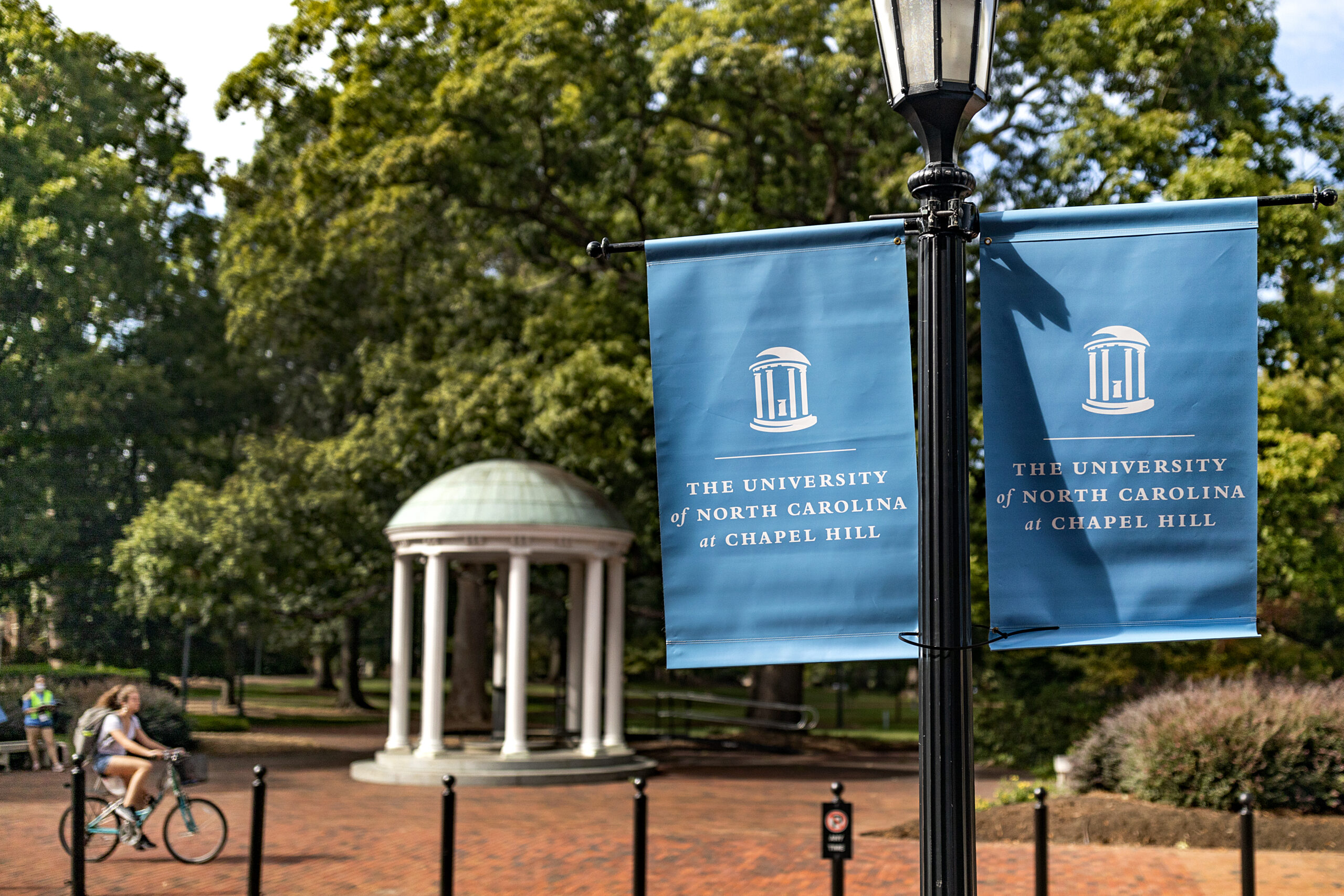
A cyclist passes by the Old Well in October 2021, on the campus of the University of North Carolina at Chapel Hill. (Photo via Johnny Andrews/UNC-Chapel Hill.)
UNC’s consideration of racial diversity of potential incoming students recently earned national headlines, as the university defended its methods at the U.S. Supreme Court. A group of Asian American applicants, represented by an organization aiming to overturn affirmative action legislation, first filed its case in 2014 – with oral arguments held for justices this past November.
While not involved in the lawsuit, Durham Tech President J.B. Buxton said he believes UNC’s stance has demonstrated its commitment to diversity. Since the community college has a guaranteed admission program with Carolina, Buxton said Durham Tech is also invested in how the Chapel Hill university works to be inclusive.
“In this latest case,” the president said, “it was a great reminder for us why we think this partnership is important because we think we have an institutional partner who does exactly that. They want a student body that looks like this community. [Our student body is] about 70 percent non-white at Durham Tech. We want our students going to a place that values their lived experiences, whatever their backgrounds are.”
Additionally, UNC Faculty Chair Mimi Chapman spoke about how diversity in thought is critical for a college campus. She said one area where college rankings fall short is considering the student experience of challenging, expanding or earning a deeper understanding of one’s beliefs.
“Education is about finding your career path, for sure, but it’s about more than that,” Chapman said. “It’s about how you think about competing views, how you understand the news when you read it, how you engage civically, how you engage with your neighbors that may see things the same way you do or may see things quite differently.
“There’s a lot that’s more challenging to measure for an institution,” the UNC professor continued. “And yet, as a faculty member, I think we know this when we see it and we know when we’re delivering it. We know when a class has really gelled and they’ve grown together, they support each other, and [are] achieving goals. An education is a living thing.”
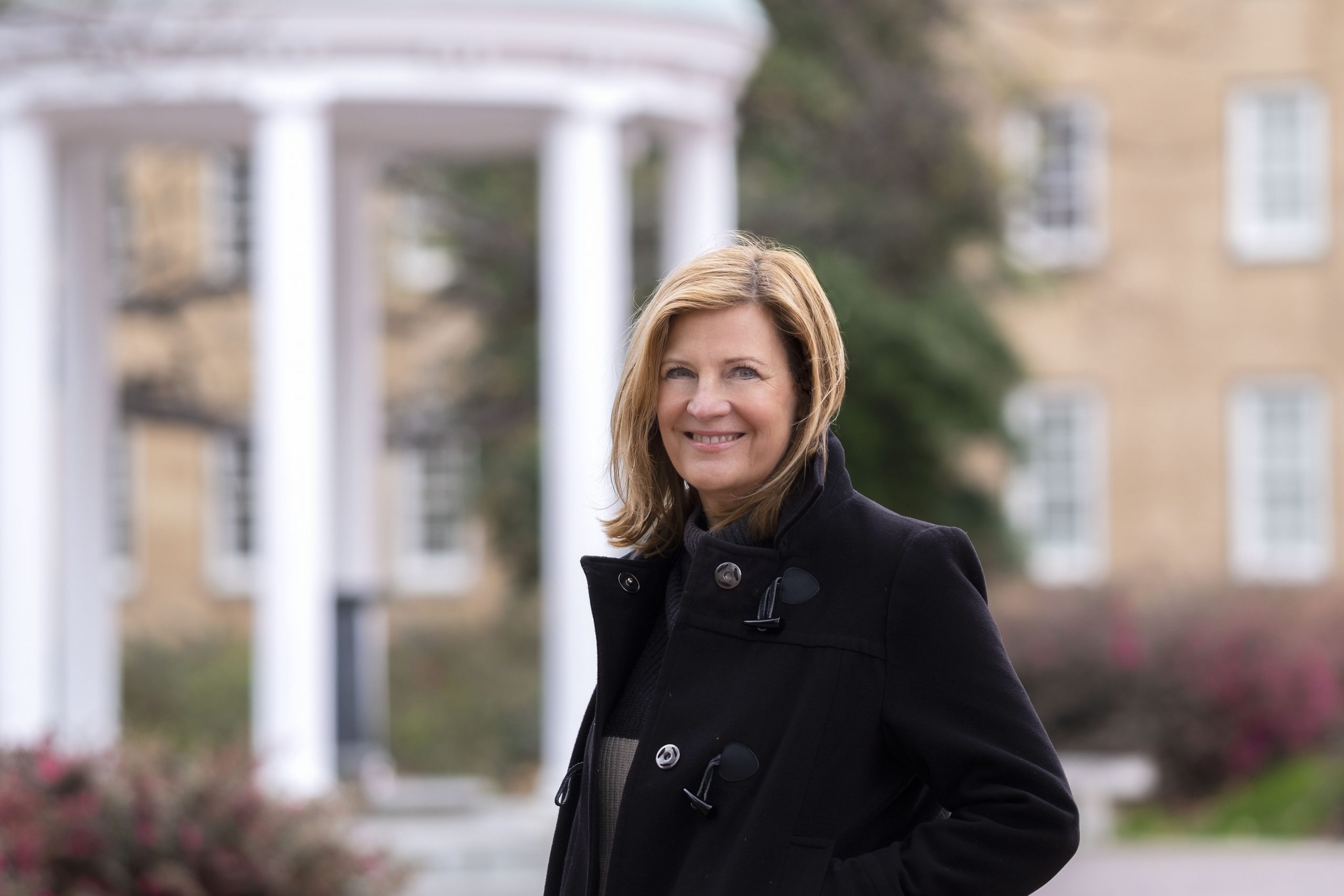
Mimi Chapman stands at the Old Well on UNC campus for a portrait after being elected as Chair of the Faculty in 2020. (Photo via Jon Gardiner/UNC-Chapel Hill)
Many universities have an additional internal resource to keep tabs on graduates: alumni associations and donors. While Durham Tech doesn’t have a formal group for its alumni, Buxton said the school has been encouraged and inspired by recent examples of graduates giving back once they find success in their fields.
“We had a woman [endow a scholarship recently] and I said, ‘why did you decide to do this?’ She said, ‘It was the first year my IT company I started actually made money. That’s what someone did for me [with a scholarship.]’
“We think we’re growing people who feel the community support when they come through the community college,” added Buxton. “And when they come out, [they] feel like they have to find a way to make an impact and support people the way they were supporting. I’d say that’s a hard thing to measure, but it’s certainly the kind of graduate we want to produce.”
Guskiewicz pointed to UNC’s GAA as one wing of how his institution keeps in touch with graduates. It offers programs and gatherings for those who left the university years ago, but the chancellor pointed to how the program helps recent graduates find stability too.
“They played a big role in helping our soon-to-be graduates throughout the pandemic in networking for students to enter [the workforce],” said Guskiewicz. “Whether it was business, banking, healthcare or high-tech industries. We just have to continue to track them and [ensure] that they’re proud to come back to their alma mater.”
The full Higher Education panel from the For’Em on The Hill series can be listened to here.
Photo via Jon Gardiner/UNC-Chapel Hill.
Chapelboro.com does not charge subscription fees, and you can directly support our efforts in local journalism here. Want more of what you see on Chapelboro? Let us bring free local news and community information to you by signing up for our biweekly newsletter.

